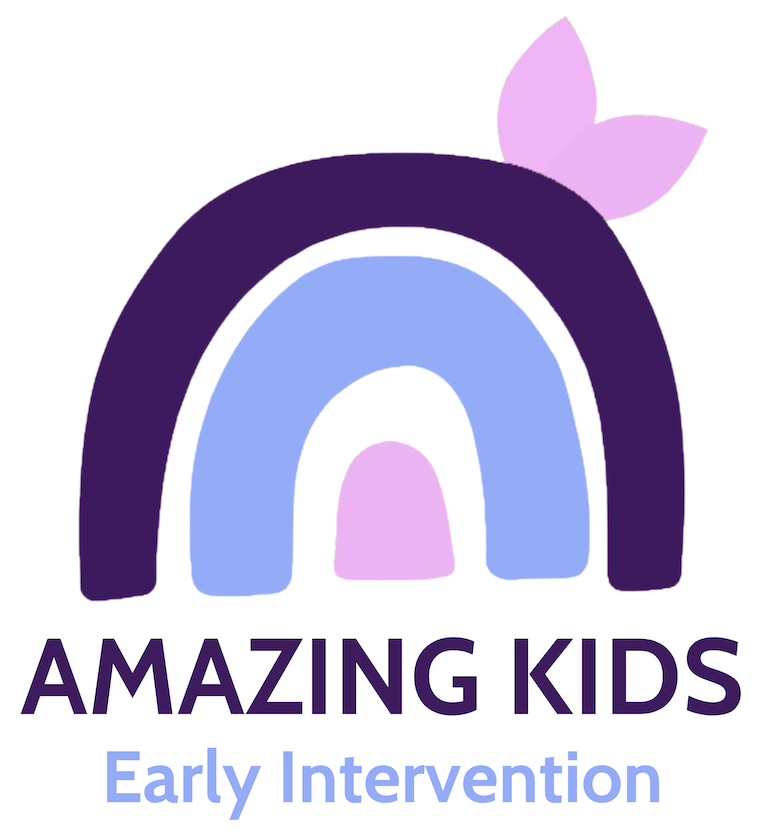Nurturing effective communication skills in children with Autism Spectrum Disorder (ASD) is a crucial aspect of their overall development contributing significantly to their independence, educational outcomes, and quality of life. With every child’s unique set of abilities and challenges, the methods and techniques utilised to foster communication skills may vary considerably, calling for a tailor-made approach to teaching and learning. This is where the Early Start Denver Model (ESDM) steps in, providing a holistic, evidence-based method of early intervention that has shown promising outcomes in developing communication skills among young children with autism.
As a leading provider of ESDM early intervention services in Melbourne, Amazing Kids is committed to enhancing the lives of children with autism by strengthening their communicative abilities and fostering self-expression. In this blog post, we will delve deeper into the role of ESDM in communication development, how our team at Amazing Kids employs this model to aid your child’s growth, and provide you with some practical tips to support your child’s communication journey.
The Foundations of ESDM in Communication Development
The ESDM is renowned for its well-rounded, play-based approach to early intervention, encompassing multiple aspects of development, including communication skills. This model adopts a set of principles and practices designed to target language and communication challenges associated with autism. Some key components of the ESDM approach are:
1. Joint attention: Directing a child’s focus towards shared activities, which fosters engagement and understanding.
2. Social interaction: Encouraging cooperation in social activities, facilitating the development of communication skills.
3. Naturalistic teaching: Integrating learning opportunities into everyday activities, providing a more enjoyable and effective platform for skill development.
4. Individualised learning: Creating personalised programs based on each child’s unique abilities and interests, fostering deeper engagement in learning experiences.
Enhancing Communication Skills at Amazing Kids
At Amazing Kids, our team is committed to implementing ESDM approaches to boost communication skills in autistic children. Here’s an outline of how we accomplish this at our Melbourne centre:
1. Comprehensive assessment: Our therapists conduct a thorough evaluation to identify each child’s strengths and areas in need of support. This enables the creation of a tailored program focused on the child’s communication goals.
2. Play-based learning: Incorporating age-appropriate play activities, our therapists engage children in a fun and relaxed learning environment. This appeals to their interests, encouraging meaningful participation and communication skill development.
3. Naturalistic teaching strategies: Integrating skill development into everyday routines and experiences ensures practicality and effectiveness while promoting positive associations with learning new communication skills.
4. Family involvement: The collaborative approach between families and our therapy team is at the core of Amazing Kids’ philosophy. We actively involve parents and caregivers in the process, offering resources and support to replicate ESDM practices at home.
Practical Tips for Parents to Support Communication Development
As parents play an instrumental role in their child’s journey towards robust communication skills, here is a compilation of practical tips to enhance communication in children with autism:
1. Create opportunities for joint attention: Engage in shared activities your child enjoys, such as playing with their favourite toy or reading a book together, facilitating joint attention and promoting communication skills.
2. Encourage imitation: Prompt your child to imitate your actions or words as a part of play or daily routines. This encourages reciprocal interaction and boosts communication.
3. Utilise visual aids: Pictures, social stories, or visual schedules can prove effective in reinforcing communication and understanding, making daily activities more predictable and enjoyable for children with ASD.
4. Incorporate naturalistic teaching: Seize opportunities in everyday life to encourage communication. For instance, ask your child to label objects or actions as you engage in routine tasks like cooking or dressing up.
5. Offer choices: Give your child a chance to express their preferences by offering choices – e.g., “Would you like an apple or a banana?” This encourages communication and fosters a sense of autonomy.
Conclusion
By enhancing their communication skills, children with ASD can lead lives filled with more meaningful connections, opportunities, and independence. The Early Start Denver Model (ESDM) has proven time and time again to be a vital resource for fostering effective communication in young children with autism. Our team at Amazing Kids wholeheartedly embraces this approach, working closely with families to create a holistic and personalised intervention plan that helps these children transcend their obstacles and flourish. With the support, tools, and guidance provided by our ESDM early intervention services, parents can pave the way for a brighter future for their amazing kids. Together, we can unlock the full potential of young children with autism and nurture a generation of confident communicators
